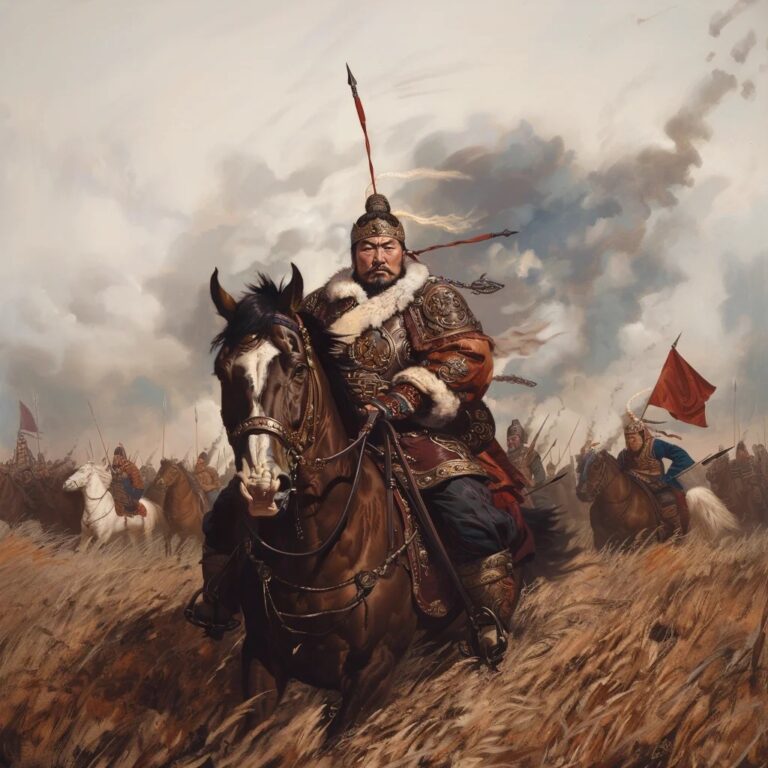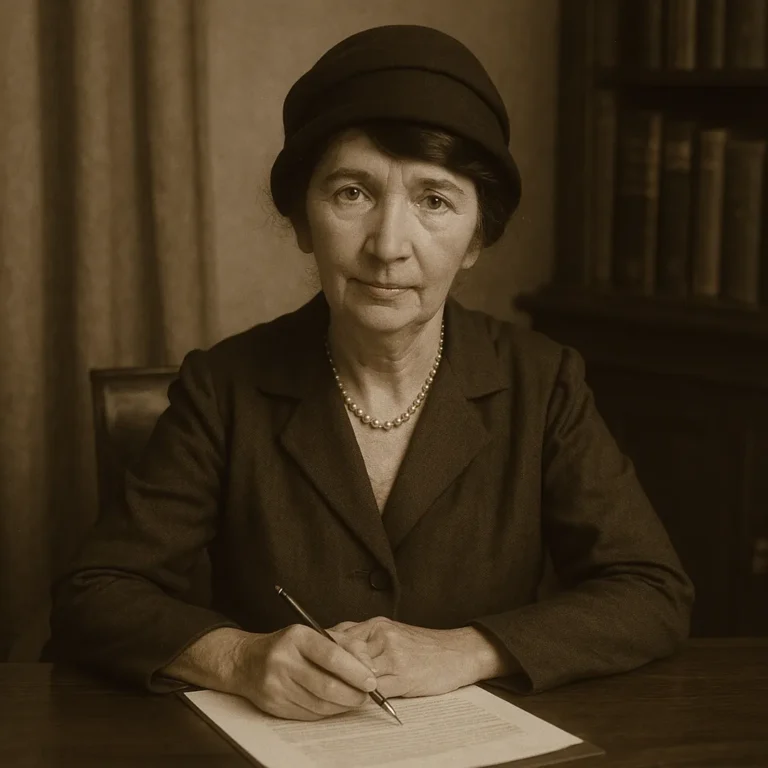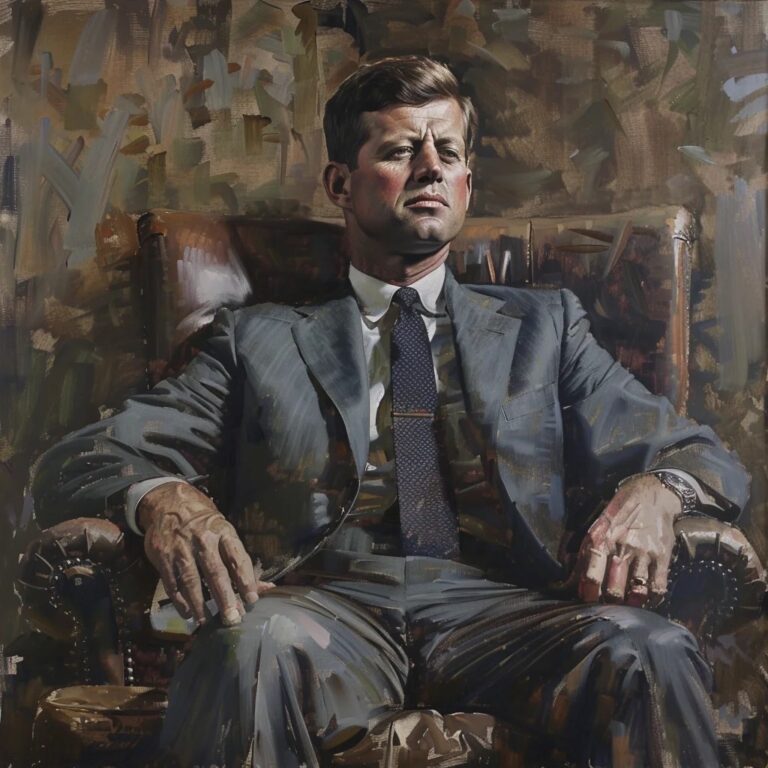He was born around 1162 near the Onon River in Mongolia.
He united the Mongol tribes in 1206.
Genghis Khan established a meritocratic system within his army.
He introduced a written script for the Mongol language.
His empire spanned from Eastern Europe to the Sea of Japan.
He was known for his innovative military strategies.
He promoted trade and communication across his empire.
The exact location of his tomb remains unknown.
Genghis Khan had many wives and numerous children.
He was a proponent of religious tolerance.
His empire was the largest contiguous land empire in history.
He implemented a legal code known as the Yassa.
He created an extensive postal system called the Yam.
Genghis Khan's conquests resulted in significant cultural exchanges.
He died in 1227 during a campaign against the Western Xia.



